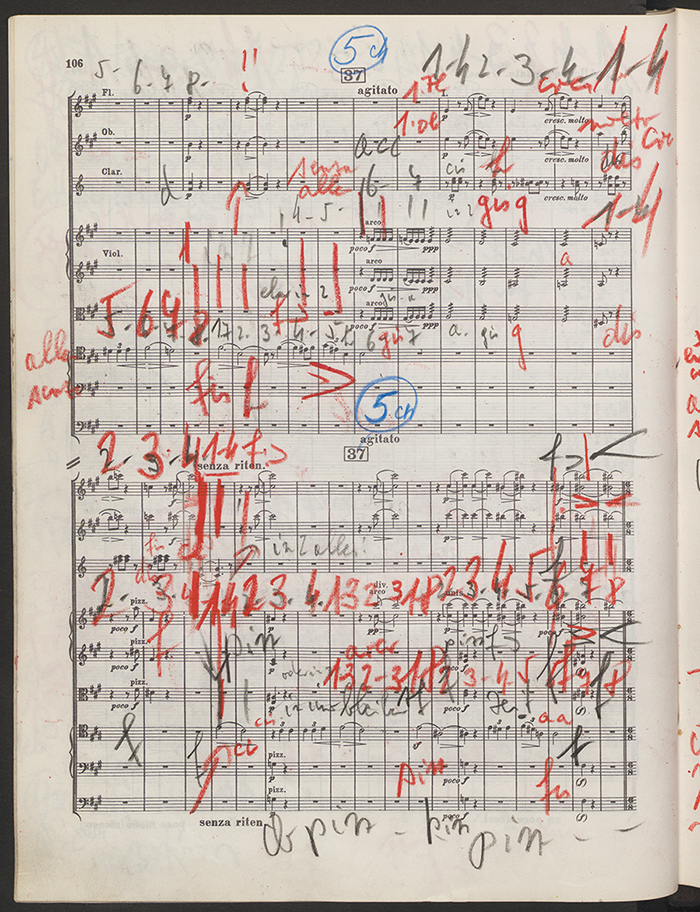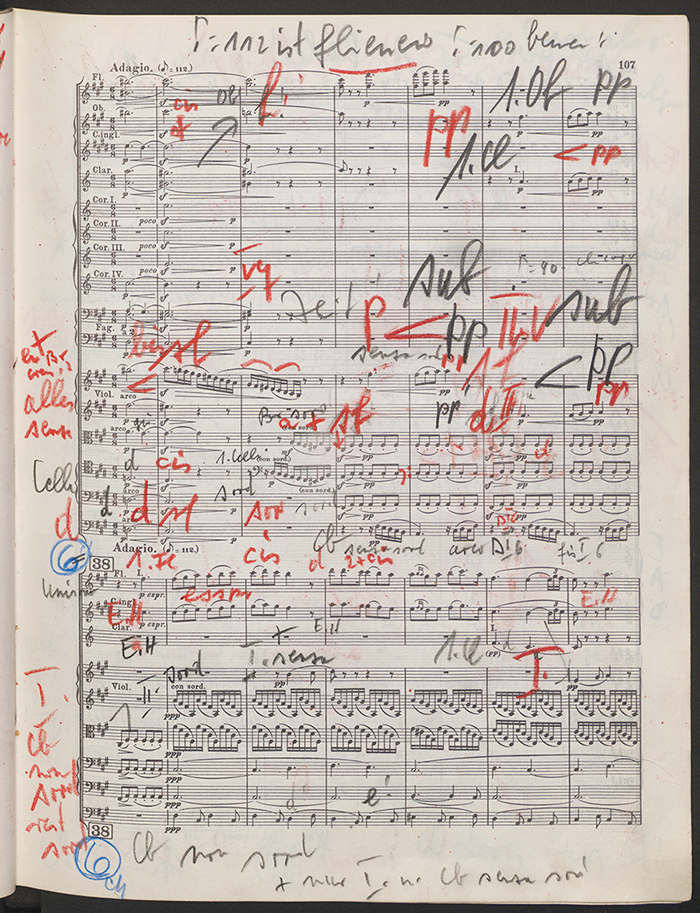Solti spoke often of his great affection for French music, and declared “I admire Berlioz enormously… Whenever he invented a new musical color scheme, it was invariably revolutionary” (Memoirs, 220). Solti programmed Berlioz’ Symphonie fantastique on many occasions and performed and recorded La Damnation de Faust, “a unique work that seems to have neither ancestors nor descendants” with the Chicago Symphony Orchestra. The composer’s symphonie dramatique, Roméo et Juliette (1839), scored for vocal soloists and chorus, is regarded as one of his finest compositions and is also among the most original in form. The work’s principal slow movement, the Scène d’amour, is a frequently-performed orchestral excerpt. Solti loved to tell the following story (“so typical of a professional musician”) about Pierre Monteux, “one of the most brilliant conductors of the first half of the twentieth century” and a masterful conductor of Berlioz’ music: “[Monteux] had just conducted the love scene from Berlioz’ Romeo and Juliet, and after the performance, his wife, Doris, kissed him and said, ‘Darling, it was so wonderful. Were you thinking of me?’ To which he replied, ‘No, I was thinking about Eleanor Roosevelt’” (102).



